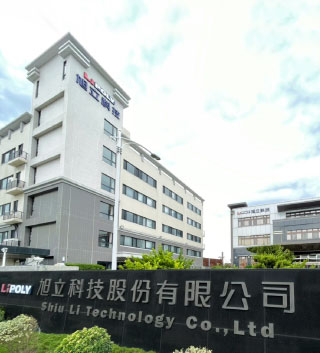We continuously innovate Thermal Interface Materials (TIMs) to meet the demands of the rapidly changing technological landscape. Find out more and request a quote today.
Market Solutions
Thermal Interface Materials
Research & Development
ABOUT SHIU LI TECHNOLOGY
Shiu Li Technology develops advanced thermally conductive material to businesses around the world. With over 20 years of research and development experience, Shiu Li Technology will ensure you always receive the highest quality thermal interface materials on the market. We’ve developed a comprehensive and extremely competitive product line including gap pads, gap fillers, thermal grease, insulator pads, and thermal adhesives.
Shiu Li Technology is a world-leading thermal management manufacturer. Shiu Li Technology’s research and development team provides superior thermal interface materials worldwide. We specialize in creating light and thin thermal management materials for high-powered modules. Shiu Li Technology has the ability to customize thermal conductive products to meet our customers’ special requirements on advanced products.

We partner with the Industrial Technology Research Institute (ITRI) to develop cutting-edge thermal solutions for customers around the world.
Contact
Shiu Li Technology has the ability to meet the demands of projects of all sizes, big or small. We offer customized solutions to meet our customers’ needs. In addition, we offer short lead times to ensure our customers achieve their manufacturing deadlines. Feel free to reach out to us with any questions you may have.
If you want to contact us about any issue please call send us an e-mail. If you would like to submit a proposal for consideration simply submit a quote.





